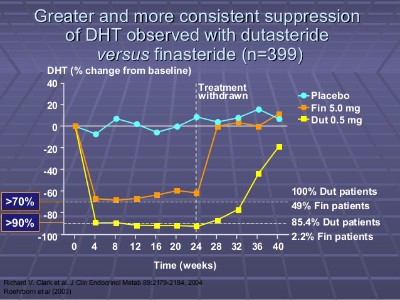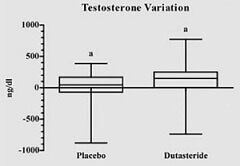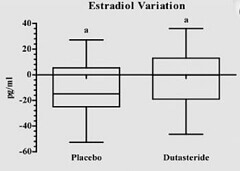
I first heard about Dr. Kyle Gillett of Gillett Health (Kansas) when watching the Huberman Lab Podcast on hair loss that he helped create earlier in 2023.
At the time, I had forgotten that Dr. Gillett gave me a detailed and somewhat complicated response to one of my past questions on Twitter in 2022:
Good question. Dutasteride has linear and non linear pharmacokinetics (similar to acetaminophen). At a dose of 0.01mg a day, half life so fast it’s below LCMS quant limit after 30mins. 0.1mg: hours. 0.5mg: days. https://t.co/Xs7kQBpQun
— Kyle Gillett MD (@GillettHealth) December 25, 2022
Finasteride and Dutasteride AMA
This week, Dr. Kyle Gillett and his clinic’s nurse practitioner James O’Hara conducted a very interesting ask me anything (AMA) session on YouTube. They answered numerous questions in relation to both dutasteride (Avodart) and finasteride (Propecia).
Among the numerous subjects they discuss include: side effects; post-finasteride syndrome (PFS); systemic absorption; dosage iterations; topical finasteride; and topical dutasteride. They did not cover the finasteride and low-dose dutasteride combination treatment (that has become popular on Reddit) in detail.
However, Mr. O’Hara does state that he takes both drugs, and might have gotten some OCD exacerbating mental issues when being on finasteride alone. I have my doubts about such connections, but I am no medical expert.
I was pleasantly surprised to hear that both of these guys take oral dutasteride for their own hair loss and seem to prefer it to finasteride. Both have seen significant benefits to their scalp hair growth while on the drug. Make sure to read my past very important post on dutasteride hair loss reviews and the numerous subsequent reader comments and testimonials.
The reason I was surprised is because enlarged prostate (BPH) drug dutasteride was never approved to treat hair loss in the US by the FDA. In fact it is still only approved for the latter purpose in Japan and South Korea. So most US medical professionals tend to stick with the usually weaker finasteride. Moreover, almost no male US celebrity has ever admitted to taking dutasteride for his androgenetic alopecia. With a notable exception being Ashton Kutcher.
In contrast, quite a few have admitted to taking finasteride to treat their hair loss, including Donald Trump. Do note that finasteride seems to work over the long-term in most patients. However, dutasteride is often an even better option if you get no side effects. In the below video, the doctor and nurse discuss starting patients out on a low dose of dutasteride so as to slowly reduce dihydrotestosterone (DHT).
Interestingly, Dr. Gillett recently stopped taking dutasteride for some kind of fertility related reason. Maybe he is trying to have children? Right away, he saw a reduction in his scalp hair and an increase in his body hair. It is refreshing to see such a video based dutasteride and hair growth related testimonial from a medical expert. Mr. O’Hara said that he saw a reduction in his acne and sebum after starting dutasteride.

